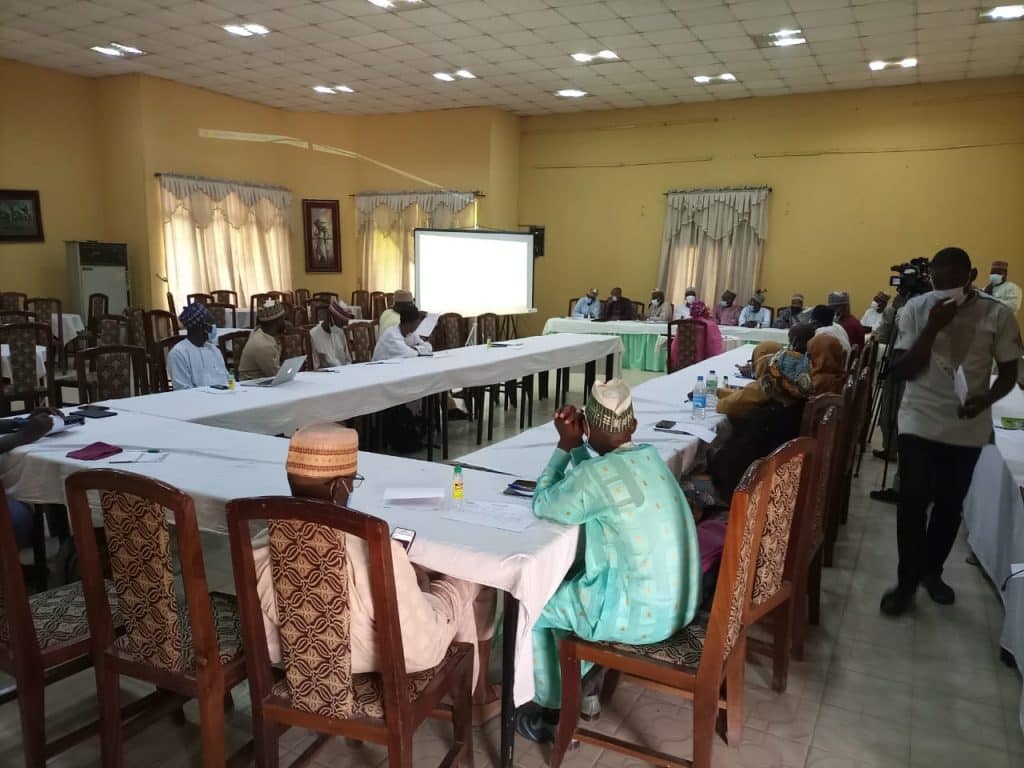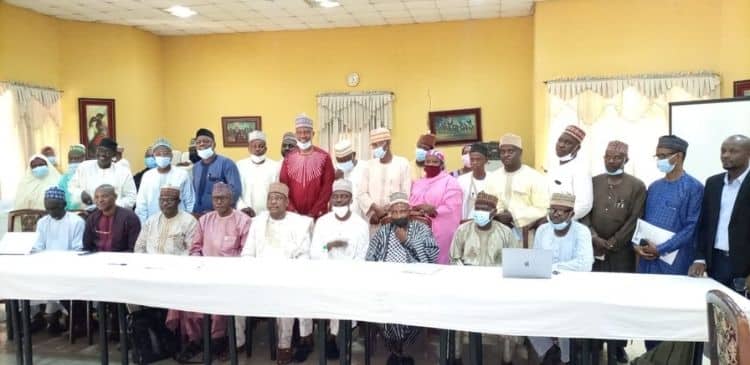The Katsina State Government has been called upon to sustain the gains recorded by the support to National Malaria Programme-Phase 2 in the state, by establishing a Malaria Control Agency.
The call was made by the former Chairman of the Coalition of Civil Society Organisations in the state, Bashir Ruwan-Godiya, during the dissemination meeting, for the closeout of the United Kingdom Foreign and Commonwealth Development Organisation, FCDO, funded support to National Malaria Programme-Phase 2, in Katsina.
The support to National Malaria Programme-Phase 2, is being implemented at the federal level and the six states of Katsina, Jigawa, Yobe, Kano, Lagos, and Kaduna, to reduce the risk of malaria resurgence and address programmatic approach, as well as technical gaps.

The coalition noted that the establishment of a malaria control agency is the only alternative, that will tackle the lack of budgeting for malaria activities and the shortage of manpower, affecting the sector in the state.
Also Read : NSCDC arrests suspect attempting to abduct 2 pupils in Katsina State
According to Ruwan-Godiya, the Ministry of Health, should Fastrack the process, and ensure that the department under the ministry, taking care of malaria, is converted to a full-fledged agency, that will take care of malaria issues, in Katsina State.
The State Malaria Elimination Programme, SMEP Manager, Dr. Bashir Adamu, said that the state government has earmarked about 240 million Naira in the 2021 budget, for the malaria elimination programmes and trained 274 healthcare providers, on the management of uncomplicated malaria cases.
The Leader of the project in the state, Hafsat Baba, said that malaria treatment in the state has improved from 25 percent in 2019 to 45 percent in 2020, hence, the need to sustain the gains.
To achieve sustainability, the Commissioner For Health, Yakubu Danja, represented by the Permanent Secretary in the ministry, Dr. Kabir Mustapha, then inaugurated a 14-member Katsina State Elimination Programme Sustainability Committee
Among its terms of reference, the committee is expected to promote accountability, for malaria commodities and funding, in the public sector and ensure that the government also fulfilled its obligation, as contained in the Malaria Service Charter.
(Edited by: Tunde Orebiyi)








